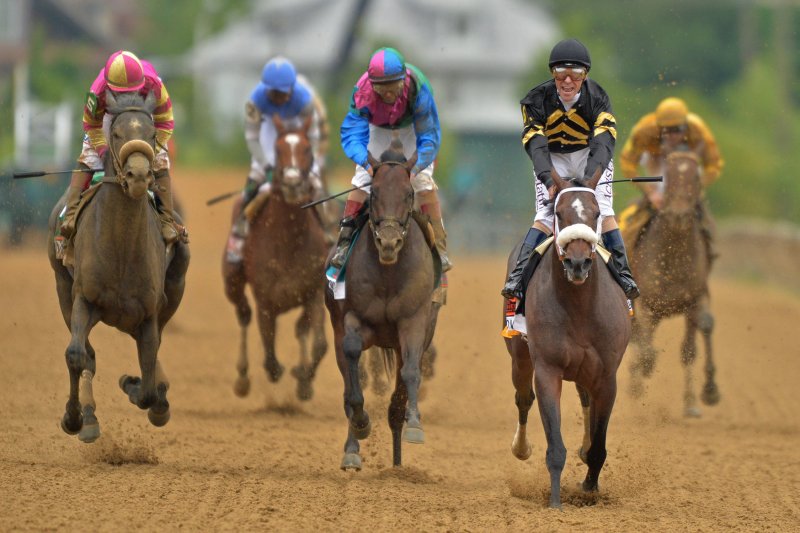The head of the U.S. Jockey Club says his organization will seek federal regulation of American horse racing and a ban on all race-day medication if state authorities do not act soon on their own to address abuses. The statement Friday from Ogden Mills Phipps was in response to the controversy surrounding allegations by People for the Ethical Treatment of Animals against American trainer Steve Asmussen. Asmussen and members of his staff were accused of mistreatment of horses and improper medication policies. The situation also has drawn attention from international racing authorities. The Phipps family is among the respected aristocracy of American racing, as owners, breeders and holders of many of the sport's most respected positions. Phipps noted the Jockey Club has for years recommended adoption of a uniform policy for medication, which would ease the regulatory and enforcement process. But individual states currently regulate the sport and only four have adopted the uniform standards. If other "major racing states" have not adopted the reforms by then, he said, the Jockey Club Board of Stewards at its Aug. 10 Round Table "will reach out to federal lawmakers who have previously proposed federal legislation for our industry and to other supporters of this approach. We will aggressively seek rapid implementation, including steps leading toward the elimination of all race-day medications. "With the safety of our horses, the integrity of competition and the general perception of the sport all at risk, we cannot afford to wait any longer," Phipps said. "Enough is enough." In France, the sport's international governing body also weighed in on Friday. Louis Romanet, chairman of the International Federation of Horse Racing Authorities, said his group "encourages U.S. racing regulatory authorities and law enforcement agencies to leave no stone unturned in their investigation of these matters." Romanet also took the opportunity to repeat international calls for reform of U.S. medication policies. "IFHA fully supports its North American colleagues who seek a comprehensive national reform of medication rules, laboratory standards and penalties," Romanet said in a statement. "The adoption of a national uniform medication program is paramount to the reform of medication rules in North America and demonstrates the value of regulatory authorities working together to harmonize racing rules," he said. Romanet said IFHA, meeting during the Asian Racing Conference in Hong Kong next month, will reaffirm its commitment to actively address all issues related to horse welfare and medication.
Advertisement















